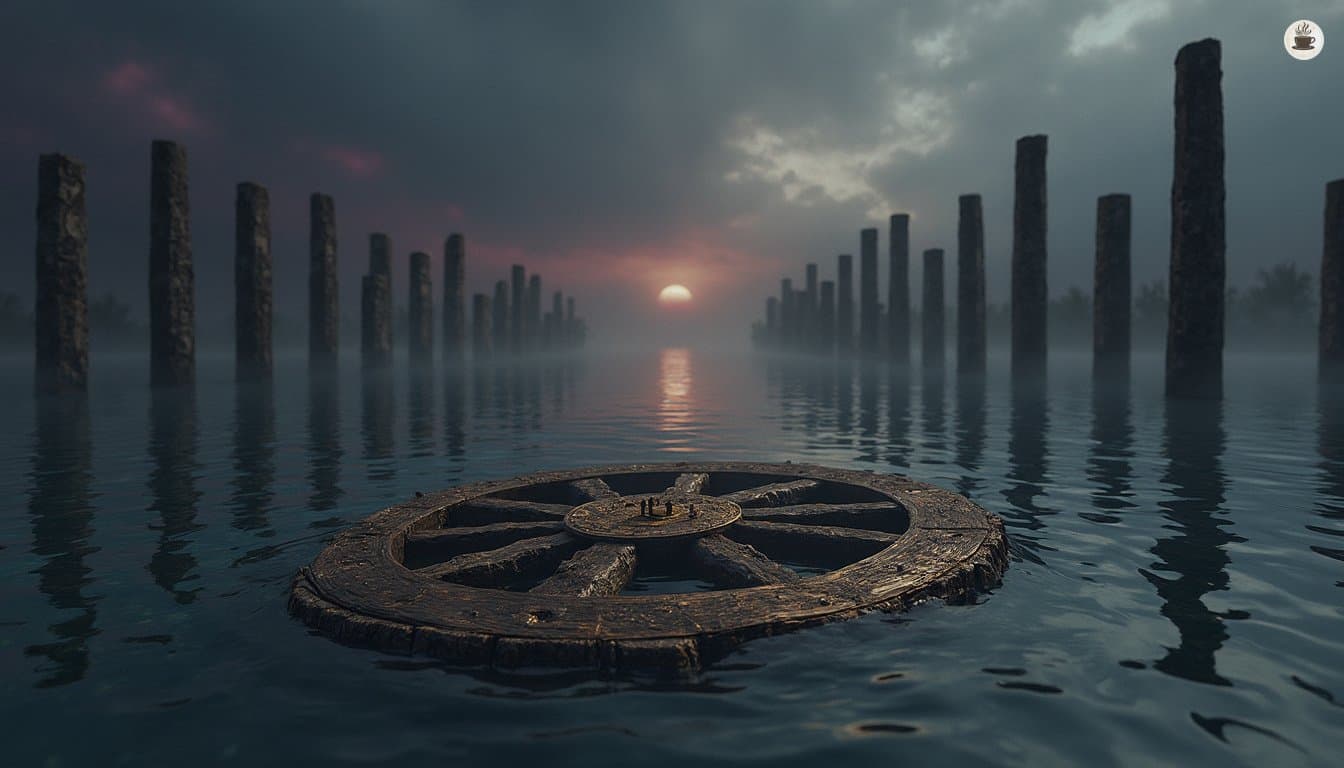
Georgia 'Cop City' Defendants Face Prolonged Legal Limbo as Trial Delays Persist
Sixty-one await their fate
Justice wheels turn slow
ATLANTA - Twenty months after being indicted, 61 defendants in the Georgia 'Cop City' case find themselves in an extended legal limbo as trial delays continue [1][2][3]. The case, believed to be the largest criminal racketeering case ever filed against protesters in U.S. history, centers around allegations of a conspiracy to halt the construction of a police and firefighter training facility near Atlanta [1][2].
Republican Georgia Attorney General Chris Carr has accused the defendants of participating in a yearslong racketeering conspiracy under Georgia's Racketeer Influenced and Corrupt Organizations (RICO) law [1][2][3]. The facility, pejoratively referred to as 'Cop City' by critics, has been a source of controversy and protest [1][2][3].
The legal proceedings have been marred by setbacks. A trial for five of the defendants, initially scheduled for last year, was delayed due to procedural issues [2][3]. Further complications arose when the original judge overseeing the case moved to another court [2][3]. A new judge has been appointed, but a definitive trial date remains uncertain [2][3].
The prolonged legal process has taken a toll on the defendants. Single mother Priscilla Grim reports losing her job, while aspiring writer Julia Dupuis describes frequent periods of emotional numbness [1][2][3]. Hannah Kass, a geography and environmental studies researcher, expresses concerns about her future career prospects as she approaches graduation from her Ph.D. program [1][2][3].
As the case continues to unfold, it raises questions about the application of racketeering laws to protest movements and the impact of prolonged legal proceedings on the lives of those accused. The situation in Atlanta remains a focal point for discussions on law enforcement, environmental concerns, and the right to protest [1][2][3].